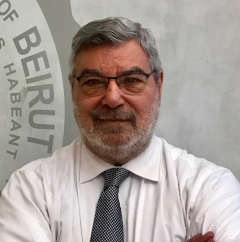
Rami Khouri
A View from the Arab World
2004 Common Ground Award Winner
Selected from Arab, Israeli and Western Press
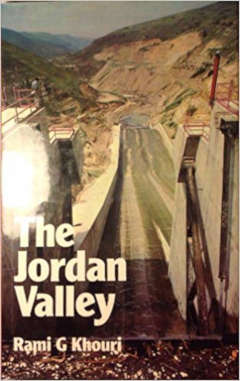
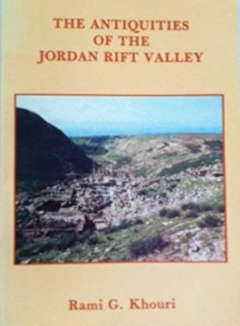
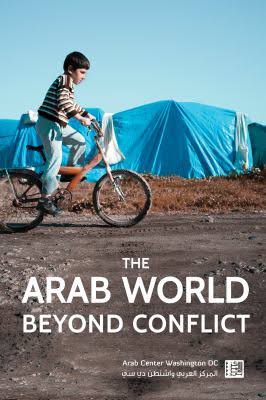
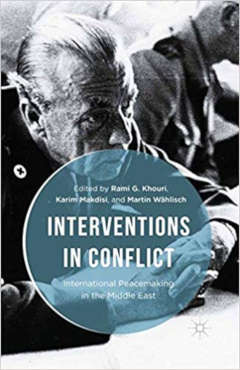
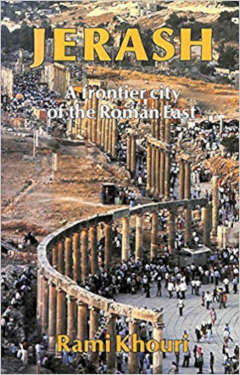
Affirming the law and national will, from Babylon to Beirut
I attended a gathering of Palestinian refugees in Beirut last week that demonstrates -- more than anything I have experienced in my adult life -- why the Palestine refugee issue and quest for statehood remain so strong, even in the face of the combined political and military force of Israel and the United States. A group of around 30 adult men and women activists representing Palestinian refugee non-governmental organizations spent hours in a Beirut hotel conference room methodically discussing the draft of a Palestinian constitution. A university professor from Birzeit University in Palestine provided the link with the Palestinian people in Palestine itself. Why is this so significant, even moving? Why should Ariel Sharon and the Israeli people take notice of this? Why should George Bush and Condelezza Rice, who rarely speak of Palestinians other than those few who bomb Israeli restaurants, take more notice of these exiled Palestinian refugees debating the fine points of law? Because the moral force, political aspirations, and real world pragmatism of the Palestinians is reflected in the Beirut constitutionalists far more than it is in the restaurant bombers.
The actual discussion mirrored similar debates that have occurred in all other societies that achieved sovereignty and that govern themselves by law. The various speakers political leaders, community elders, lawyers, university professors, and local activists commented in detail on the draft. The specifics related to clarity of language and eliminating ambiguity, separating political doctrine from constitutional issues, ensuring that constitutional provisions will be implemented equitably (unlike many existing Arab constitutions), insisting on no discrimination on the basis of gender, religion or ethnicity, striking a balance between secularism and religiosity, clarifying references to historical landmarks (such as UN resolutions), and, most of all, coming to grips with the uncertainty of whether the constitution would apply to a sovereign Palestinian state that would still have many of its citizens living in exile.
The event was most impressive for what it revealed about the Palestinian character. Here is a national community whose land is occupied; whose people at home are being subjected to daily military attacks, assassinations, and land expropriations by Israel; whose people in exile often live in very difficult conditions in refugee camps; whose economy and normal daily life are shattered; whose case only receives lip service from other Arabs and friends; and, who are treated by the world's superpower as little more than a violent nuisance that can be handled with colonial disdain. The Palestinian refugees in Lebanon are in the most difficult situation of all Palestinians, with limited personal and legal rights so work and travel, no right to own land or property, and considerable political opposition from forces in society that blame them for Lebanon's troubles.
Yet, despite all this, they gather for hours, democratically discussing the fine points of a constitution that does not exist, for a Palestinian state that is unlikely to be created any time soon, on a land that is occupied and still being colonized by Israel. Their darkest hour, for the exiled Palestinian refugees, is also their finest moment democratic, participatory, full of hope and faith, wedded to the law, anticipating a normal life in which citizen rights are protected by constitutional guarantees. This dynamic must be better appreciated by Israel, the US and the world, because it represents what makes the Palestinians tick, what inspires them, and what they seek to achieve. This is why Palestinians are so proud, and can endure so much pain.
I was struck by the historical parallels between what the Palestinian refugees are doing here in Beirut and what the exiled Jews did in Babylon two and a half millennia ago. In both cases, exiled communities endured hardships, remembered their roots, fortified their national integrity, and, most importantly, codified their sentiments into laws and political doctrines guided by divinely inspired moral values of justice, equality, dignity, and compassion. Parts of the biblical books of Isaiah and Deuteronomy were probably compiled and written during the Jewish exile in Babylon after 586 BC, as elements of the Palestinian constitution are being written by exiled Palestinians in Beirut in 2003. God or something equally powerful and benevolent must guide both these peoples.
Ariel Sharon and his American supporters must recognize that many more Palestinians spend time writing constitutions than bombing restaurants. Sharon's and the suicide bombers' approach will only aggravate and expand the terrible cycle of mutual killing in Palestine and Israel. The way to stop is to reach out forcefully to those who are trying to affirm and apply the rule of law, inspired today by the moral values first codified in Babylon long ago equality among people, and justice as the guiding principle of society.
© 2003 Rami G. Khouri
Rami G. Khouri, a Jordanian-Palestinian, is a syndicated columnist and former editor of The Jordan Times. His syndicated column is available on the web at: The Daily Star.
Digital Editions:
Interventions in Conflict: International Peacemaking in the Middle East
From amazon.com (USA):
Interventions in Conflict: International Peacemaking in the Middle East
Jerash: A brief guide to the antiquities
Jerash: Frontier City of the Roman East
Petra: A brief guide to the antiquities
Petra: A Guide to the Capital of the Nabataeans
Jordan Valley: Life and Society Below Sea Level
The Desert Castles - A brief guide to the antiquities
For Those Who Share a Will to Live: Perspectives on a Just Peace in the Middle East
Works with contributions by Rami Khouri:
The Arab World Beyond Conflict
The Arab World Beyond Conflict
Keeping Faith With Hope: The Challenge of Israel-Palestine
Additional books by Rami Khouri::
Lines in the Sand: The Roots of Arab Anger and the Future of the Middle East
Amman: A brief guide to the antiquities
USAID and the private sector in Jordan: A chronicle : the genesis




